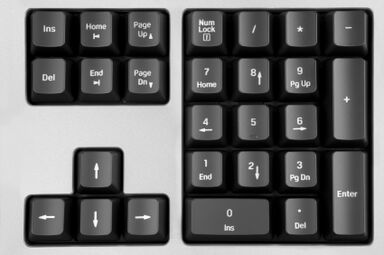Umlaut Definition
o͝omlout
umlauts
noun
umlauts
A historical change in the sound of a vowel, caused by its assimilation to another vowel or semivowel originally occurring in the next syllable but later sometimes lost; mutation: in English, the differences of vowel in certain singulars and plurals (Ex.: foot—feet, mouse—mice) or in certain causative verbs and the words from which they are derived (Ex.: gold—gild) are due to the effects of umlaut on the second word of each pair.
Webster's New World
A vowel resulting from such assimilation.
Webster's New World
A vowel sound changed in this manner.
American Heritage
The diacritical mark (¨) placed over a vowel, esp. in German, to indicate umlaut.
Webster's New World
verb
To modify by umlaut.
American Heritage
To modify the sound of (a vowel) or write (a vowel) with an umlaut.
Webster's New World
Origin of Umlaut
-
German um- around, alteration (from Middle High German umb-) (from umbe) (from Old High German umbi ambhi in Indo-European roots) Laut sound (from Middle High German lūt) (from Old High German hlūt kleu- in Indo-European roots)
From American Heritage Dictionary of the English Language, 5th Edition
-
Borrowing from German Umlaut, from um (“around") + Laut (“sound"), from Old High German hlut.
From Wiktionary
Umlaut Is Also Mentioned In
Find Similar Words
Find similar words to umlaut using the buttons below.

